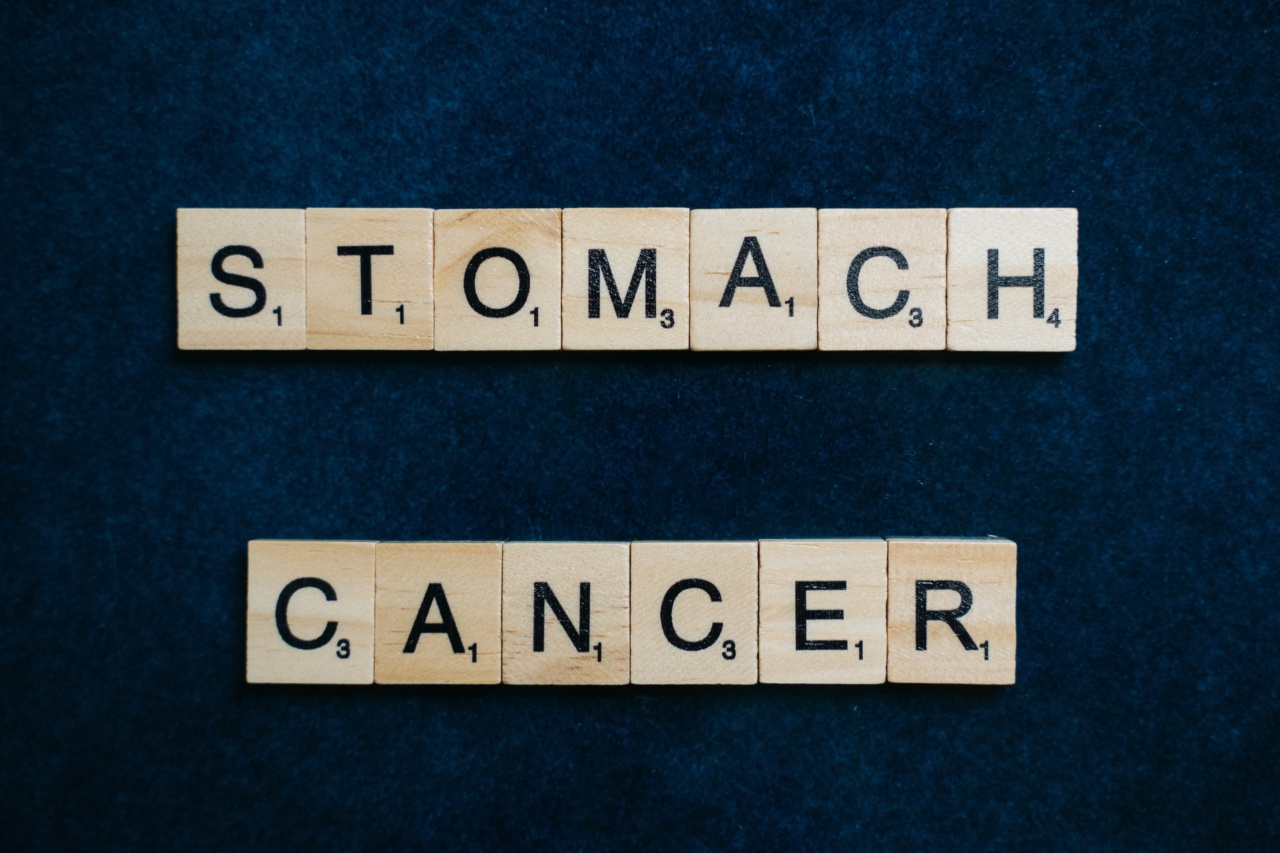Stomach cancer, also known as gastric cancer, is a type of cancer that occurs when a tumor forms in the lining of the stomach. It is the fifth most common type of cancer worldwide.
In this article, we will discuss the most common factors linked to stomach cancer.
Age
Stomach cancer is more common in older individuals. According to the American Cancer Society, more than two-thirds of people diagnosed with stomach cancer are over the age of 65.
Gender
Men are more likely to develop stomach cancer than women. The American Cancer Society states that men have a slightly higher risk of developing the disease than women.
Helicobacter pylori (H. pylori) infection
H. pylori is a type of bacteria that is known to cause stomach ulcers. In some cases, it can also lead to the development of stomach cancer. The World Health Organization states that H. pylori infection is the most common bacterial infection worldwide.
Family history of stomach cancer
If a person has a close family member, such as a parent or sibling, who has had stomach cancer, their risk of developing the disease is increased. This may be due to certain inherited genetic mutations.
Diet
A diet that is high in salt, smoked or pickled foods, or other foods that are high in nitrates may increase a person’s risk of developing stomach cancer. In addition, a diet that is low in fruits and vegetables may also increase the risk.
Tobacco use
Smoking or using tobacco in any form has been linked to an increased risk of developing stomach cancer. According to the American Cancer Society, smokers are at least twice as likely to develop stomach cancer as non-smokers.
Alcohol consumption
Heavy alcohol consumption has been linked to an increased risk of developing stomach cancer. The risk appears to be highest in those who drink 3 or more alcoholic drinks per day.
Obesity
Obesity is a known risk factor for many types of cancer, including stomach cancer. According to the American Cancer Society, people who are obese have a higher risk of developing stomach cancer than those who are not obese.
Previous stomach surgery
People who have had previous stomach surgery, such as a partial gastrectomy, have an increased risk of developing stomach cancer. This may be due to changes in the digestive system or other factors related to the surgery.
Blood type
Some studies have shown that people with blood type A may have a higher risk of developing stomach cancer than those with other blood types. However, more research is needed to fully understand the link between blood type and stomach cancer.
These are some of the most common factors that are linked to stomach cancer.
While some of these factors cannot be controlled, such as age and family history, others such as diet and tobacco use can be modified to help reduce the risk of developing the disease.






























